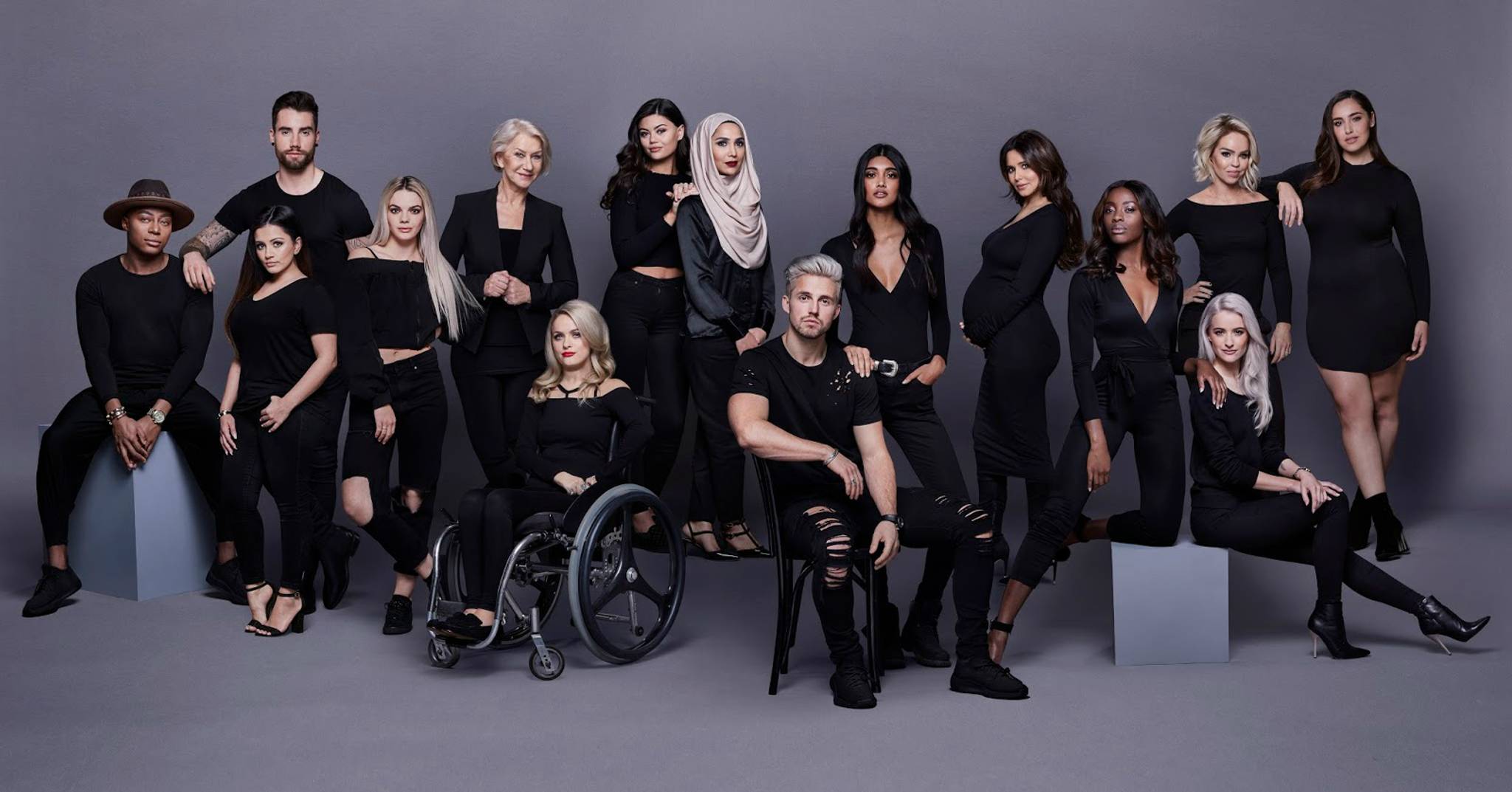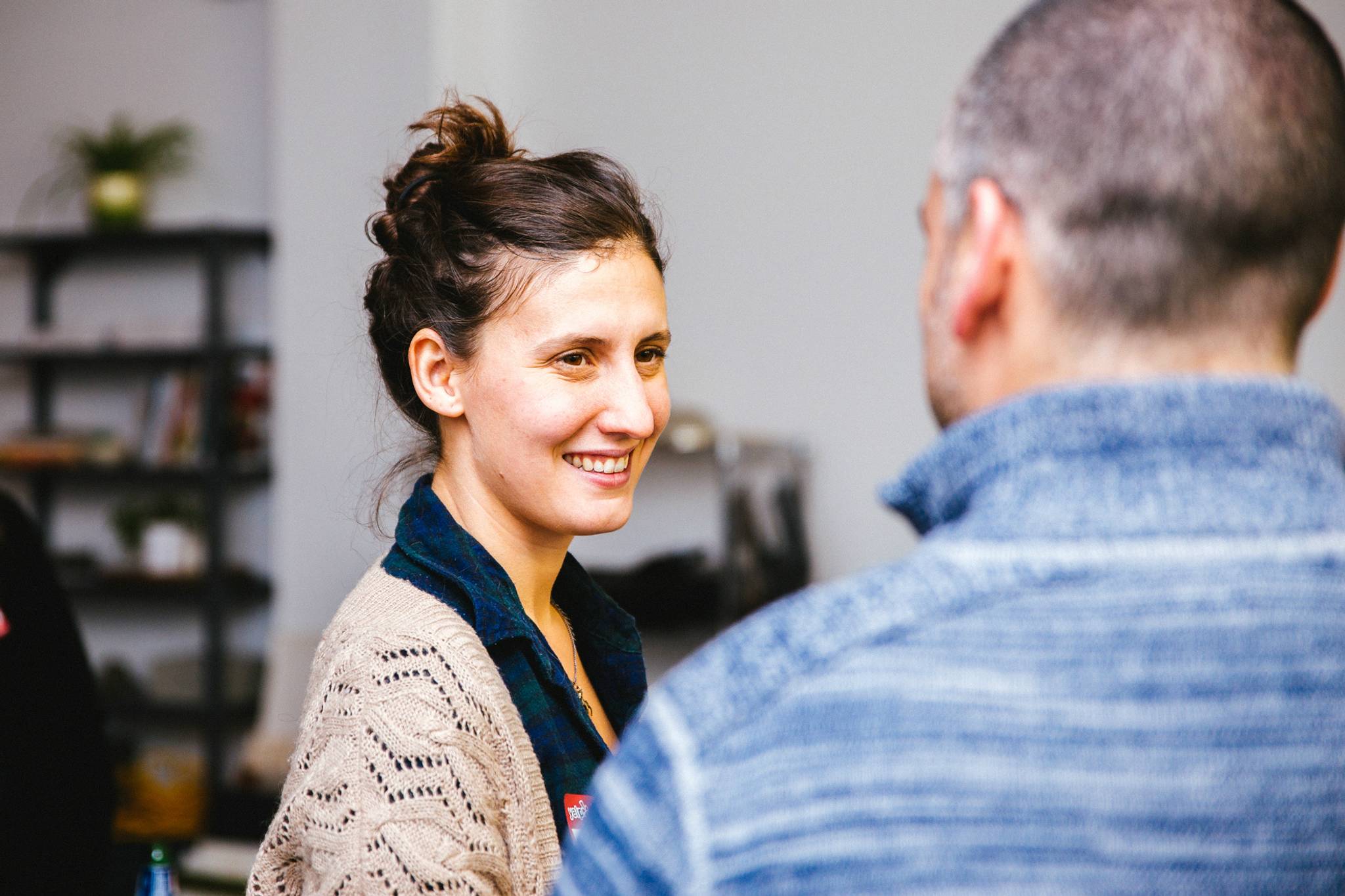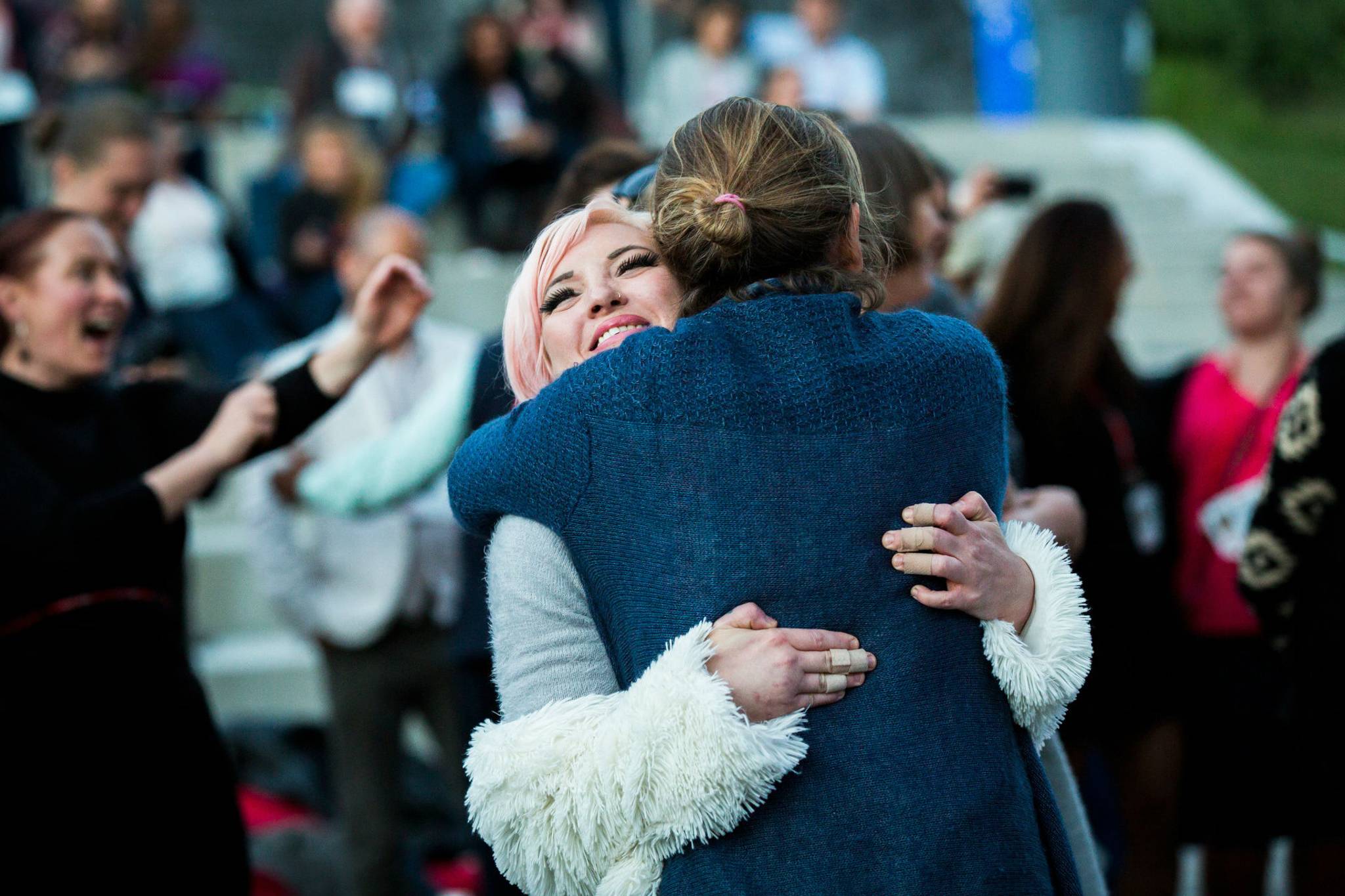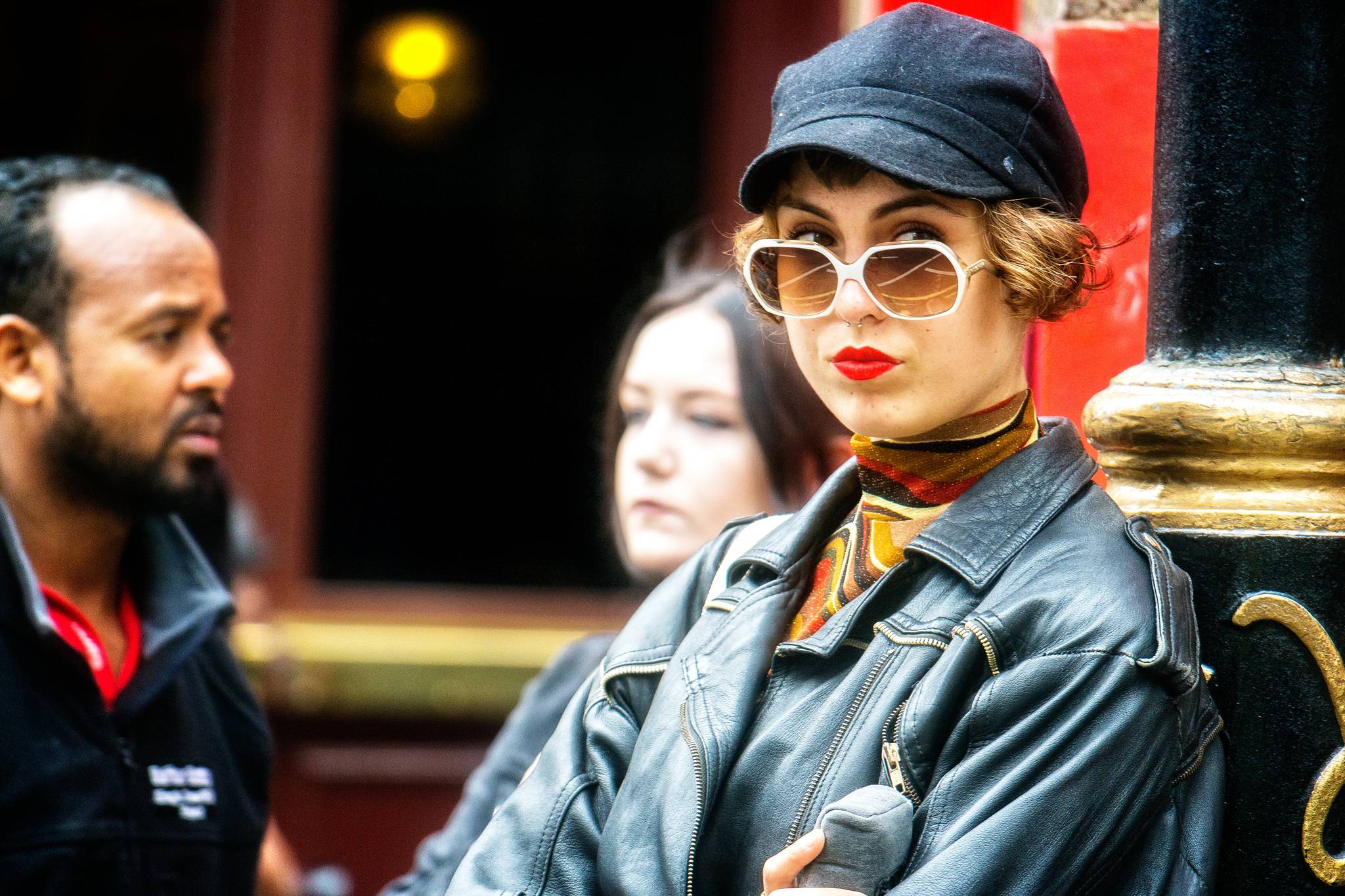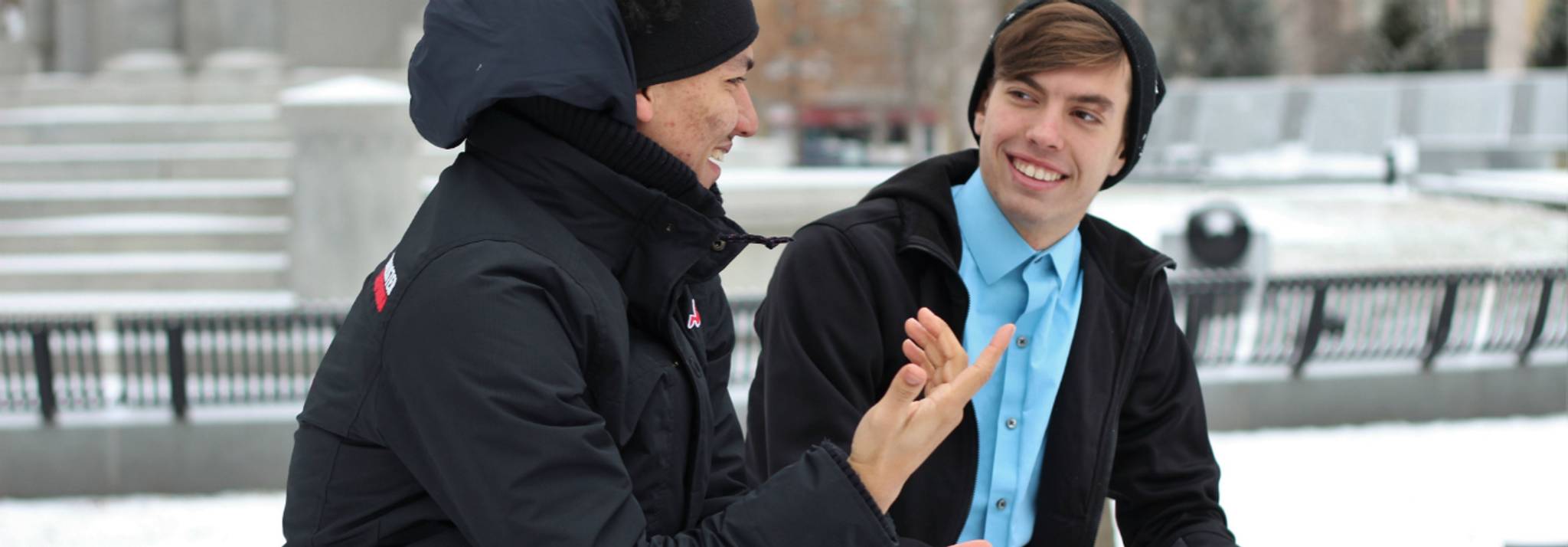
May 8th marked the beginning of Mental Health Awareness Week in the UK, with the theme ‘Survive to Thrive’. With 84% of Britons agreeing that mental health illness is as serious as physical ailments, it’s gained priority on the agenda. In collaboration with LENSBible – part of the LadBible Group – and Mind Charity, a digital freelancer has set up the #HappyPlaces campaign to persuade people to post pictures of their favourite places where they feel safe and calm, in a bid fight the stigma and silence that surrounds mental health. What are other brands doing to encourage conversations around mental health and offer support to those in need? We explore the insights behind the campaigns that brands are launching in support of mental health issues and the people who suffer with them.
A quarter of the British population will experience a mental health issue in any given year, and 90% of these individuals experience stigma and discrimination. And brands across multiple industries are taking it upon themselves to open up the conversation on mental health in the hopes of removing its negative associations and to encourage people to seek help. Hoping to play a part in people’s wellbeing, M&S launched ’Frazzled Cafés’ in 11 of its branches, where people experiencing mental health issues could chat in dedicated ‘talk-in’ sessions. “We live in a time where to have a life crammed to the hilt is considered a success story,” says comedian Ruby Wax, who fronted the campaign. “But with all this pressure, so many of us have nowhere to go to meet and talk about it.”
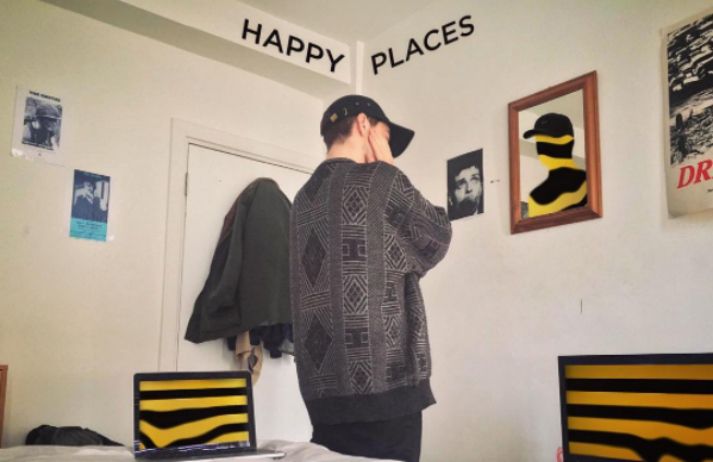
Meanwhile, with the beauty and cosmetics industry arguably a large source of insecurity for many, L’Oréal Paris has teamed up with The Prince’s Trust to launch its ‘All Worth It’ programme. The initiative will provide 10,000 young adults e-mentorship and confidence training. And by enlisting the help of celebrities and social influencers – who younger audiences identify with and trust more – L’Oréal has the power to instigate discussions on issues surrounding self worth and self belief to the 26% of 18- to 25-year-olds who say they don’t feel in control of their lives. It’s also why LadBible launched its ‘U OK M8?’ spot on its site, further encouraging conversations about mental health among young men, where suicide is prevalent.
While the public’s attitudes to mental health are making a change for the better, brands have been lagging behind. In survey conducted by Marketing Week in 2015, just 8% of respondents said that mental health was well represented in British advertising. “Mental health has very much become a commodity – the flavour of the month for brands looking for a social issue to back,” writes journalist Hannah Ewens for VICE. “‘Raising awareness’ and ‘breaking taboos’ are nice phrases for brands and publications, but at this point, are they really changing anything?” Some might be cynical about the sincerity of the involvement of brands on such sensitive issues, but there’s a chance that it’s a step in the right direction for brands that want to actively promote and demonstrate their core values to their customers. And if does raise awareness in the process, that’s a bonus, right?
Mica Anthony is an editorial assistant at Canvas8, which specialises in behavioural insights and consumer research. She’s passionate about uncovering the newest electronic music producers, re-living ‘90s fashion and championing the voices often left out of mainstream media.
